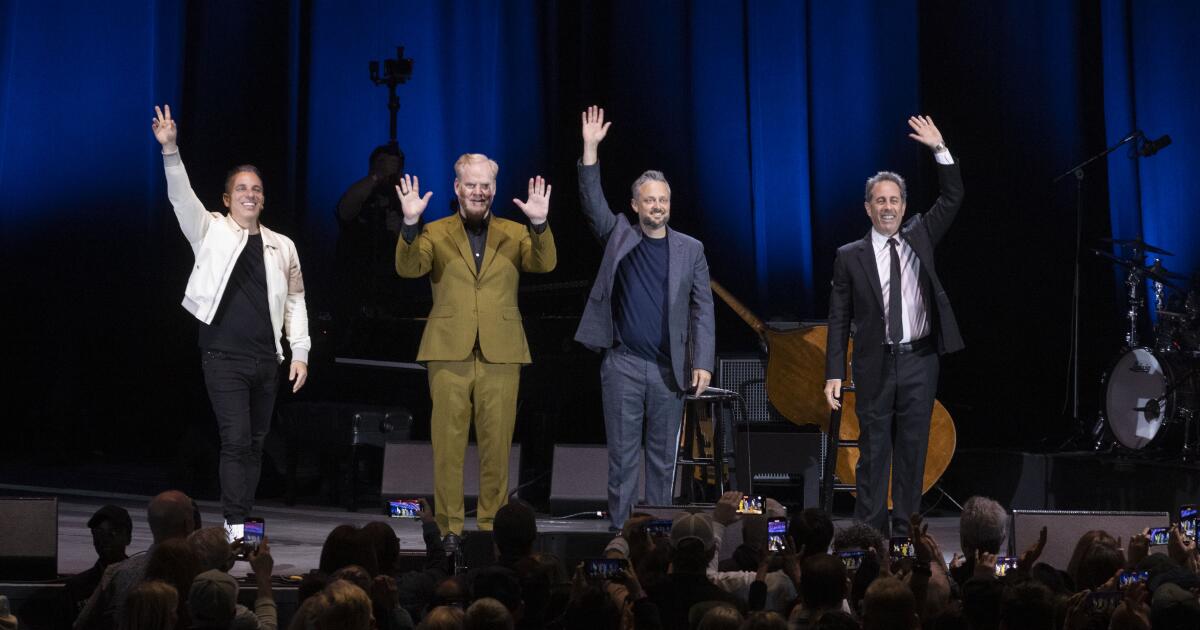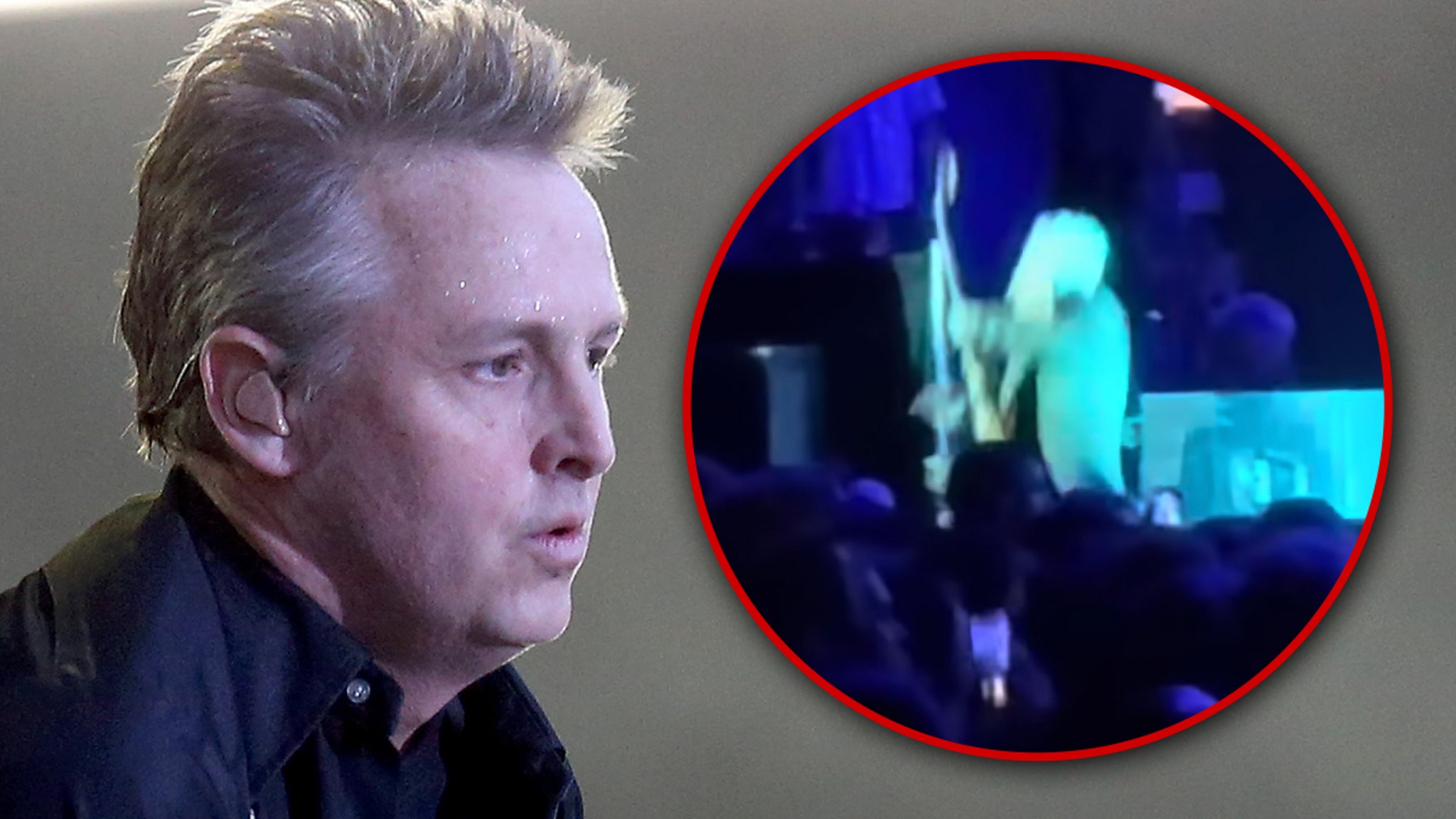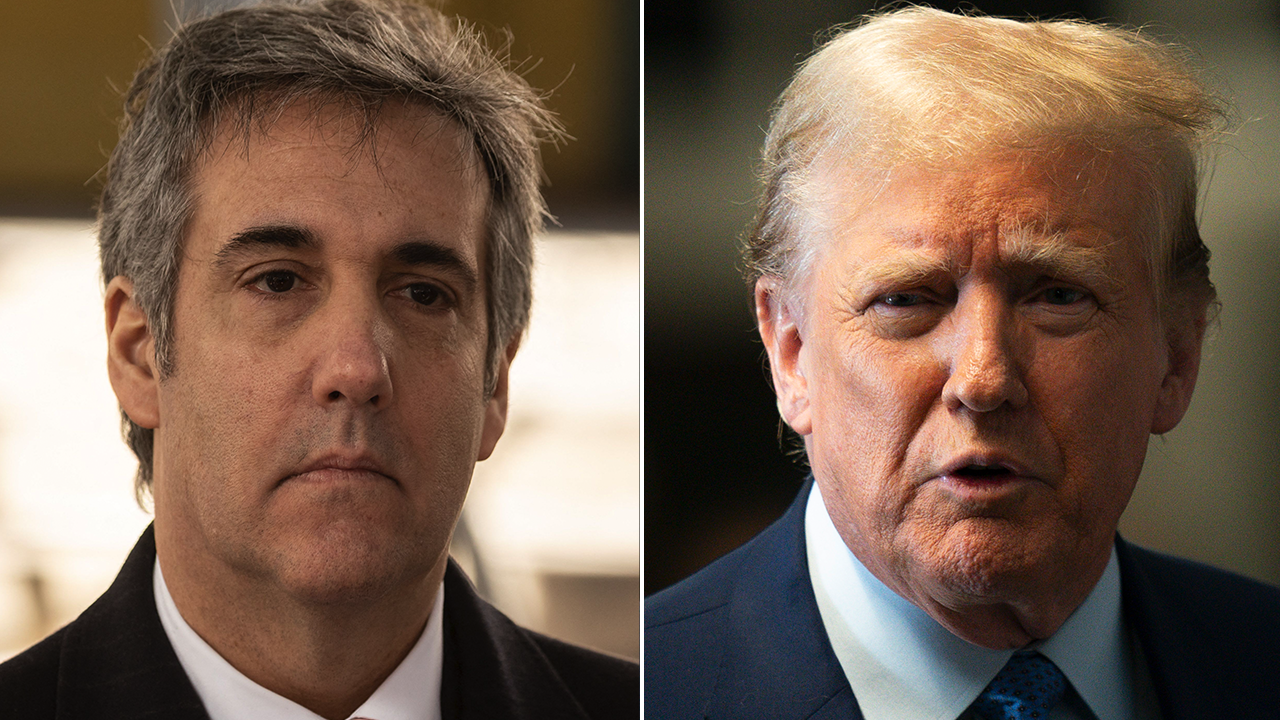World
CIA’s Burns: U.S. needs to de-risk and diversify away from China
/cloudfront-us-east-2.images.arcpublishing.com/reuters/NYCCQ3JHSNKVJPRK4BSFBLP34U.jpg)
July 1 (Reuters) – Central Intelligence Agency Director William Burns said on Saturday that decoupling from China would be foolish given the deep economic interdependence so the United States should try to diversify its supply chains.
“China is the only country with both the intent to reshape the international order and increasingly the economic, diplomatic, military and technological power to do so,” Burns said in a lecture in Oxfordshire, England.
“In today’s world, no country wants to find itself at the mercy of a ‘cartel of one’ for critical minerals and technologies,” Burns said. “The answer to that is not to decouple from an economy like China’s, which would be foolish, but to sensibly de-risk and diversify by securing resilient supply chains, protecting our technological edge and investing in industrial capacity.”
Reporting by Guy Faulconbridge, Editing by Louise Heavens
Our Standards: The Thomson Reuters Trust Principles.

World
Germany's Weber supports Macron’s call for European nuclear deterrent
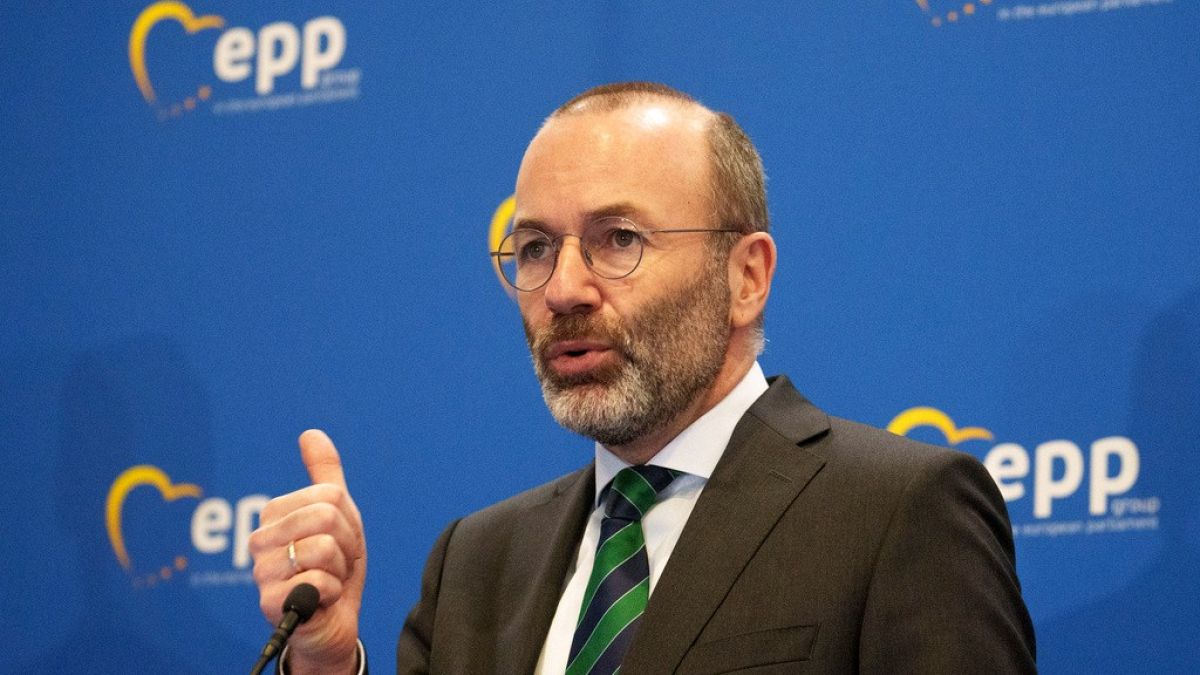
With fears over NATO’s credibility, the idea of a homegrown alternative is playing into Germany’s domestic political debate.
A French plan to offer a nuclear umbrella to Europe has met with support from the German MEP who heads the European People’s Party, Manfred Weber, playing into the domestic political debate ahead of June EU elections.
Russia’s invasion of Ukraine, and the prospect that a second Donald Trump presidency might weaken the transatlantic alliance, has raised the salience of having a homegrown alternative to NATO.
In a TV clip which issued on Thursday (9 May), Weber suggested he favoured plans put forward by French President Emmanuel Macron, and criticised left-wing Chancellor Olaf Scholz for his failure to engage.
“This is an offer of France which we must talk about,” Weber said on a panel hosted by Bavarian TV station BR24, after Macron proposed to extend security guarantees based on nuclear deterrence, adding: “I am disappointed that Olaf Scholz, the federal government, is voiceless, that there is absolutely no answer for this proposal.”
Macron “is broadening the conception of France’s national security from a purely territorial concept into a European one,” Weber said. “He is ready to say: the security order of France is attacked when Lithuania is attacked.”
In a wide-ranging speech on European policy in late April, Macron said France’s nuclear deterrent was an “indispensable element of the defence of the European continent”.
Fears over Europe’s ability to defend itself were raised after Trump suggested he wouldn’t leap to the rescue of allies who didn’t spend enough on their militaries, undermining the treaty commitments that underpin NATO.
France is the only remaining nuclear power within the EU, though it isn’t immediately clear what role Brussels, or MEPs such as Weber, might play in developing the idea.
The European Commission is attempting to coordinate military production by its members to help arm Ukraine, and its President Ursula von der Leyen has said she’ll make defence a central plank of a hoped-for second term in office.
But the EU also includes neutral members such as Ireland and Austria, and is precluded under its founding treaties from buying weapons directly.
In February, Scholz – a socialist who leads a coalition that also includes the green and liberal parties – told German newspaper the Süddeutsche Zeitung, “I don’t think much of this debate” concerning a European nuclear guarantee, citing NATO membership and the country’s decision not to seek its own atomic weapons.
Earlier this week, Russian President Vladimir Putin ordered tests of tactical nuclear weapons, in an apparent warning to Ukraine’s allies to back off.
World
Australian court lifts order blocking X on church stabbing video

World
3 men charged in UK for allegedly collaborating with Hong Kong intelligence service

- Three men have been charged by British police with assisting the Hong Kong intelligence service.
- The men were among 11 people arrested earlier in Yorkshire and London by counterterrorism police.
- Arrests and searches were conducted across England as part of the investigation, authorities said.
British police have charged three men with assisting the Hong Kong intelligence service amid growing concern that hostile states are trying to interfere with democracy and economic activity in the U.K.
The three men were among 11 people arrested earlier this month in Yorkshire and London by counterterrorism police using provisions of a new law that allows suspects in national security and espionage cases to be detained without warrant. The eight other suspects were released without charge.
Chi Leung (Peter) Wai, 38, Matthew Trickett, 37, and Chung Biu Yuen, 63, are also charged with foreign interference, the Metropolitan Police Service said. They will appear at Westminster Magistrates’ Court on Monday.
HONG KONG LAWMAKERS UNANIMOUSLY PASS CONTROVERSIAL SECURITY LAW, GRANTING GOVERNMENT POWER TO CURB DISSENT
“A number of arrests were made and searches carried out across England as part of this investigation,” Commander Dominic Murphy, head of the Met’s counterterrorism command, said in a statement. “While led from London, the Counter Terrorism Policing network has been crucial to disrupting this activity.”
An aerial view of Hong Kong is pictured on Dec. 19, 2018. British police have charged three men with assisting the Hong Kong intelligence service amid growing concern that hostile states are trying to interfere with democracy and economic activity in the U.K. (DALE DE LA REY/AFP via Getty Images)
The announcement comes as Prime Minister Rishi Sunak prepares to deliver a speech on Monday in which he is expected to say that Britain is facing an increasingly dangerous future due to threats from an “axis of authoritarian states,” including Russia, China, Iran and North Korea. Tensions with China flared last year after a parliamentary researcher was arrested on suspicion of spying for Beijing, charges that Chinese officials called a “malicious smear.”
Hong Kong’s security bureau, Hong Kong police and the office of China’s foreign ministry in Hong Kong didn’t immediately respond to requests for comment.
The British government last year passed a new national security act that gave police additional powers to tackle foreign espionage. The legislation was needed to combat the “ever-evolving” threat of foreign interference and in “response to the threat of hostile activity from states targeting the U.K.’s democracy, economy, and values,” the government said.
The arrests in the current case were made on May 1 and 2. The investigation is continuing, police said.
-

 World1 week ago
World1 week agoBrussels, my love? Champage cracked open to celebrate the Big Bang
-

 Politics1 week ago
Politics1 week agoAustralian lawmakers send letter urging Biden to drop case against Julian Assange on World Press Freedom Day
-

 Education1 week ago
Education1 week agoHow Counterprotesters at U.C.L.A. Provoked Violence, Unchecked for Hours
-
News1 week ago
A group of Republicans has united to defend the legitimacy of US elections and those who run them
-

 Politics1 week ago
Politics1 week agoHouse Dems seeking re-election seemingly reverse course, call on Biden to 'bring order to the southern border'
-

 World1 week ago
World1 week ago‘It’s going to be worse’: Brazil braces for more pain amid record flooding
-

 Politics1 week ago
Politics1 week ago'Stop the invasion': Migrant flights in battleground state ignite bipartisan backlash from lawmakers
-
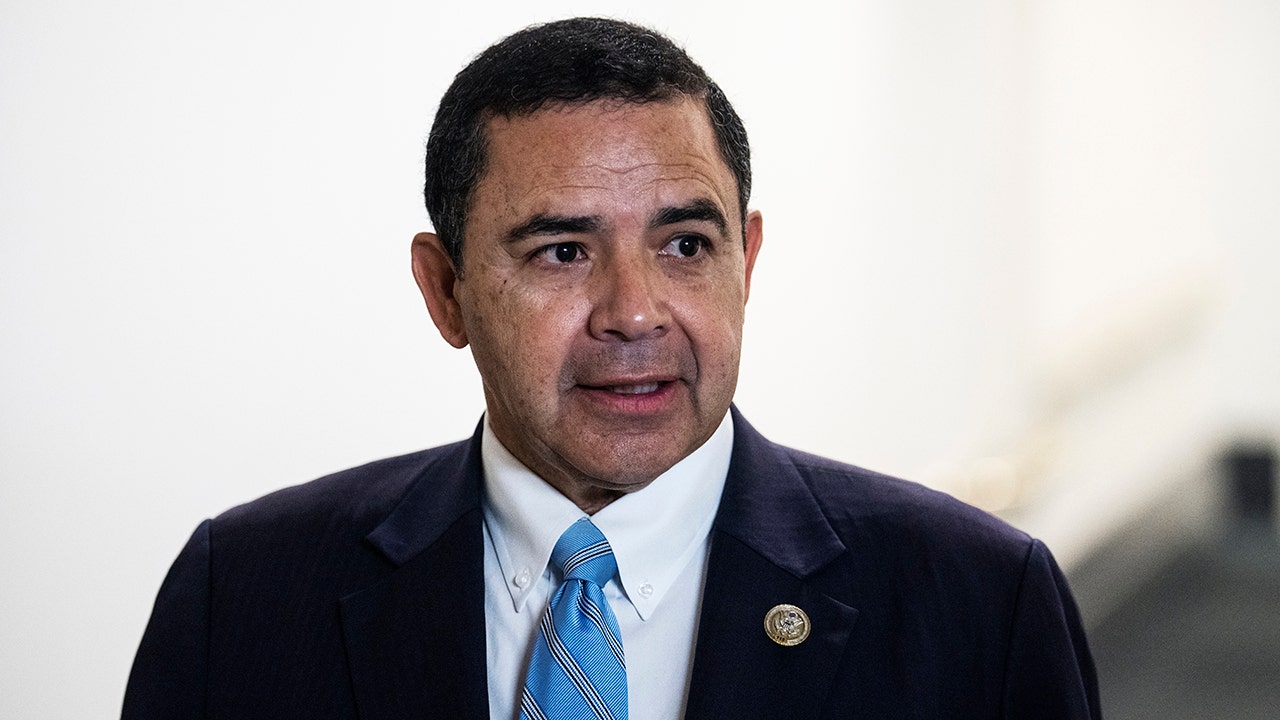
 Politics1 week ago
Politics1 week agoDemocratic Texas Rep. Henry Cuellar indicted by DOJ on conspiracy and bribery charges








